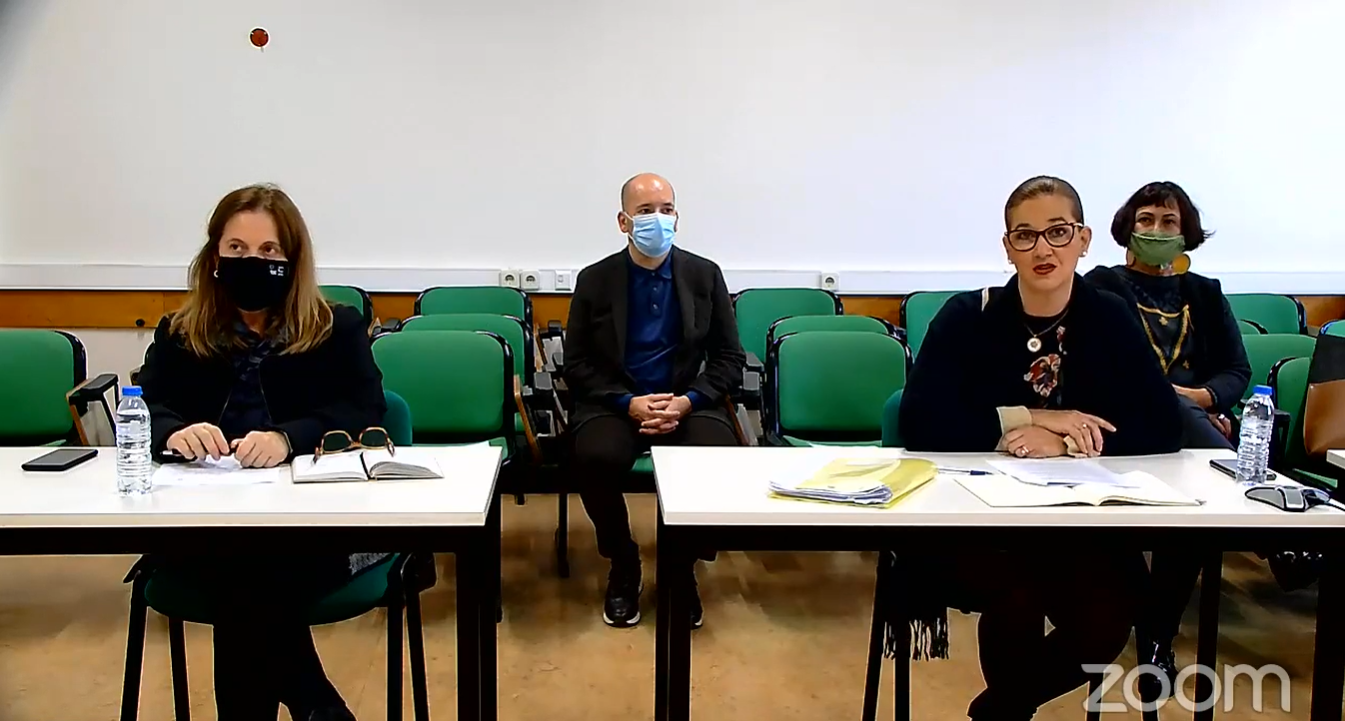What if you could get to know how an oil mill works, without leaving your location? Or a grain silo? This apparent science-fiction scenario could be used to show the Mediterranean Diet like never before.
The project is called iHeritage and wants to «revolutionize the world of culture and tourism», using Virtual Reality, Augmented Reality and Mixed Reality.
The initiative includes partners from six Mediterranean countries, including the University of the Algarve, and in the Portuguese case, it could be the path to a «greater affirmation of the Mediterranean identity», explains Alexandra Rodrigues Gonçalves, director of the Superior School of Management, Hospitality and Tourism , and project coordinator in Portugal.
The iHeritage was presented last Thursday, at a press conference, and emerged in Sicily, Italy, "at a time when culture and tourism are in crisis due to the pandemic."
The platform will create the first Register of Intangible Cultural Heritage of the Mediterranean Basin which, in the case of the Algarve, includes the Mediterranean Diet.
View archaeological finds displayed in museums in their original context, recreate the architectural and urban environment of art sites, reconstruct the historical and archaeological context of sites with restored finds, participate in the reconstruction of excavations, or watch vivid scenes of past life and customs are some of the examples of the solutions that will be carried out by this platform.

"This is a very ambitious project for the Mediterranean basin, with complexity, which wants to introduce 28 new innovative products, which will allow increased visits, virtual historical reenactments, or holographic exhibitions, all on a single platform", said Alexandra Gonçalves to Sul Informação.
The final products are not defined, but, in the Portuguese case, the possible “virtual visit to an oil mill is an example. We are in the phase of defining the products, it is a work-in-progress that will develop throughout the project».
These solutions are developed by technology companies “which are not yet identified. There is a total opening for proposals», highlights Alexandra Rodrigues Gonçalves.
According to the official, «for us, at the University of Algarve, this will be an opportunity to link culture and tourism. We hope that, through the introduction of new technologies and virtual experiences, we can contribute to the affirmation and better knowledge of the Mediterranean reality of the region, introducing innovation in traditional narratives, involving companies, research and the community in this process».
“iHeritage will show us UNESCO's Mediterranean heritage like we've never seen it before. Dozens of new technological solutions will pave the way for an unprecedented and democratic relationship with oral traditions, cultural heritage and archaeology, revealing forms, contexts and contents that would otherwise be invisible», stresses, for his part, Lucio Tambuzzo, creator from the project.
The initiative also aims to “support the creative industry and start-ups in six Mediterranean countries, thanks to funding to create new augmented and virtual content in our main sectors: culture and tourism'.
Fátima Catarina, vice president of the Algarve Tourism Region, also welcomes iHeritage. “Cultural identity is an increasingly sustainable element of tourism. Cultural, gastronomic and wine tourism have been RTA's bets and, therefore, we had to respond favorably to join this project».
This initiative is part of the Research Center for Tourism, Sustainability and Well-Being – CinTurs of the University of Algarve. The multidisciplinary team includes Professor Mauro Figueiredo, researcher in the areas of computing and Information Technologies, Professor Mirian Tavares, for the areas of Communication and Arts, and Professor Bruno Silva for the areas of Communication and Audiovisual.
This project is co-financed by the European Union's ENI CBC Mediterranean Sea Basin Program. The project's total budget is 3,87 million euros, with the University of the Algarve receiving 180 euros.
Help us to do the Sul Informação!
Contribute your donation so that we can continue to make your journal!
Click here to support us (Paypal)
Or use our IBAN PT50 0018 0003 38929600020 44



















Comments